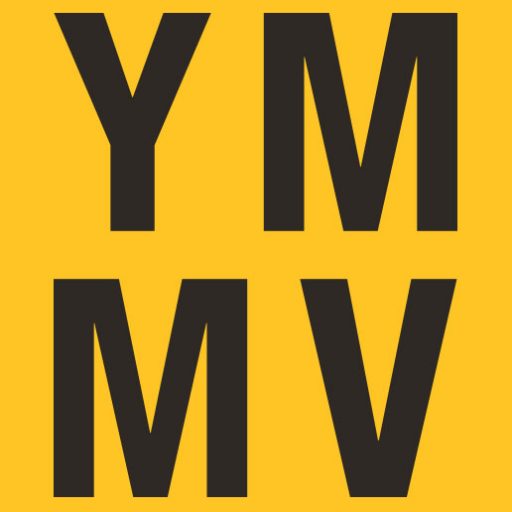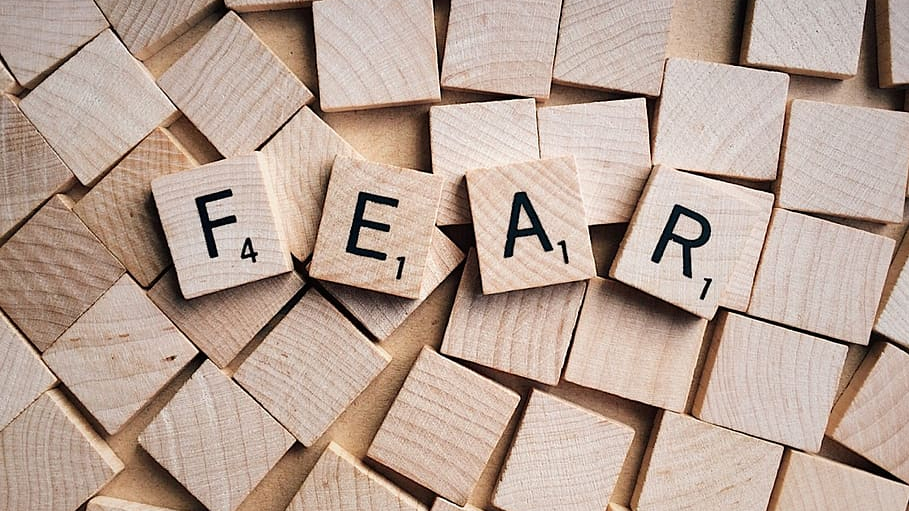When will you know it’s OK to travel again? The answer to this question often degrades into an argument about who’s living in fear and who’s recklessly endangering others. There’s no right answer to this question but everyone seems to have an opinion.
I’m not talking about people who have a pressing need to travel. Whether if it’s a personal or work matter, there are times you need, or at least really want, to be somewhere in person.
Then there are people that think it’s fine to travel for leisure right now, and they’re doing so. I can’t stop them and they’ve made up their minds. As long as travel is possible, they’re on the next plane. Maybe they’ll need to quarantine and hopefully they’ll follow all of the requirements/suggestions of the local governments.
Others are looking to travel as soon as they feel it’s reasonably safe. After closing their borders to tourists, countries in Europe are looking at opening up travel next month. Iceland is leading the charge since they’ve had a low number of cases and feel the restrictions would make it safe for them to invite guests, even ones from countries like the U.S., where we’re still trying to get a handle on our own cases.
Ben from One Mile at a Time wrote about how after being under a stay at home order in Florida for the last few months, he’s thinking about heading to Iceland. He gave his reasons for why he thinks it’s important to travel and the precautions he’ll take both before, during and after the trip. I can totally relate because I tend to overthink things the same way he does. 🙂
Comments to his post ranged from how it was irresponsible to think about international travel and how he should still stay at home, to ones imploring him to get out and not live in fear that was all a result of media hysteria.
I can just imagine what people will think when I say that we’re taking very seriously the chance that we’ve done all the travel we’re going to do in 2020. We made two trips at the beginning of the year and just missed the biggest hotspots in the U.S.
I’d be fine if this is the case but I’m not happy with it. We’ve already ditched two trips to Texas for the summer and a cruise in July. No matter how much I try, deep down I know that our Japan trip in November is hanging by a thread and even our Plan-B trip is questionable, depending on the environment at the time. Will we be in the midst of a second wave just as cold and flu season approaches? If so, I’m planning on staying home.
To Be Clear, I’m Not Living In Fear
I’m not afraid of COVID-19. Respectful, but not fearful. I know that eventually I’m going to be exposed and probably infected by this virus to which I have no immune protection. That’s the definition of a “novel” infective agent:
Scientists use the word “novel” to distinguish the new form of coronavirus (SARS-CoV-2) currently making people sick from previous types of coronaviruses (such as SARS and MERS). Because it is a novel virus that no one has previously been exposed to, that means no one has had a chance to build immunity (with the possible exception of people who have recently recovered from COVID-19).
The only way to gain immunity to the virus is getting exposed to it. There’s no choice. Unless there’s a vaccine, and I’ll get to that later.
There will be several things that will make me feel safer about traveling. When we have a better handle on them, I’ll feel more comfortable about travel.
Testing
If there’s ever a hot button issue, it’s testing. At first we didn’t have enough tests, and we still don’t. But even the tests we have aren’t all created equal.
I’m going to be taking about viral tests, as these are the ones that screen for an active infection. Because of the need to increase the number of tests available was so great, the FDA allowed companies to sell their tests with only their word that they worked. This list of emergency use products goes on for pages.
Tests are gauged on their sensitivity and specificity. Here’s a easy to follow graph that explains the terms and the real world consequences of each. Don’t worry that it’s about pregnancy tests, the theory is the same.
All tests try to find the perfect balance of the two. They usually have time to dial the settings in to get results just right. But what if the tests out there didn’t have the time? Here’s an analogy that we can all understand. Let’s compare a test to the TSA checkpoint.
Airport security offers a good example how these trade offs play out in practice. To ensure that truly dangerous items like weapons cannot be brought on board an aircraft, scanners at a security checkpoint may also alarm for harmless items like belt buckles, watches, and jewelry. The scanner prioritizes sensitivity and will flag almost anything that seems like it could be dangerous. But that means it also has low specificity and is prone to false alarms; a positive result is much more likely to be a shampoo bottle than it is an explosive device
There’s no data available on the accuracy of the tests currently on the market to check for active COVID-19 infections. So who knows the likelihood that a test you’ve taken is accurate. You’re going to have to take the medical company’s word that their tests work.
Until we get accurate testing, it doesn’t matter how many people we test. And until we understand that getting tested means getting one every few days or weeks to control the spread, not just one test and done, we’ll never comprehend how few tests we’ve actually done.
I’m not going to get into the usefulness of an antibody test to show if you’ve been infected. The FDA just released the results of their testing of these tests. Here’s the webpage with the results for 12 of the commonly used serological tests for COVID-19.
Here are results from two different tests:
Do you want the one that’s 100% and 100% or the one that’s 87% and 93%?
How would you know which one the testing site you’re going to is using? What if it’s not even one of the tests that the FDA has checked? We’re not even sure if having antibodies means you’re safe so until there’s more data on that, I’m not putting much into antibody tests at the moment.
Tracing
I’d love to see some type of tracing in place but I doubt that will ever happen in the U.S. People just won’t go for it. It would depend on both the person who is infected and the people around them both having a device that tracks their movements.
I’m not wasting my time hoping that happens. It won’t. End of story.
Treatment
This is the one thing that I feel taking things slow helps. Every day people are getting COVID-19, getting admitted to the hospital and dying from this infection. Some people go to the hospital and get better. Others just are sick and stay home to recover.
The more we know about the best ways to treat these patients, the better. The longer you wait before getting sick, the better your treatment will be because doctors are learning things every day. We’re learning what drugs work to treat it and, just as importantly, we’ve learned which ones don’t really do much of anything or actually make things worse.
There’s promise that an antiviral drug might actually help some of the worst cases but it’s in short supply right now so there’s rationing going on. If you can wait until production ramps up, isn’t that a good thing? What if an even better medicine is discovered or developed in the next six months? Is you trip worth the wait?
Vaccine
When people say that they’re not comfortable to travel until a vaccine is developed, they often will get a (virtual) look that they’re being unrealistic. Vaccines are 12-18 months away, at best. Will you wait that long?
I’m by no means saying this will happen, but what if there’s a workable vaccine in 6 months. We’ve never had this much effort from scientists around the world working on a single problem. Who’s to say it won’t happen? I hope it does. Wouldn’t that be nice.
I’m not depending on it.
Final Thoughts
Does my desire to get answers to these problems before I travel mean that I’m living in fear? I don’t think so. I’ve lived a while and hopefully Sharon and I have plenty of our lives left to live. When looked at in that way, is it too much too ask for us to not travel for 6 more months?
#stayhealthy #staysafe #washyourhands
Like this post? Please share it! We have plenty more just like it and would love it if you decided to hang around and get emailed notifications of when we post. Or maybe you’d like to join our Facebook group – we have 13,000+ members and we talk and ask questions about travel (including Disney parks), creative ways to earn frequent flyer miles and hotel points, how to save money on or for your trips, get access to travel articles you may not see otherwise, etc. Whether you’ve read our posts before or this is the first time you’re stopping by, we’re really glad you’re here and hope you come back to visit again!
This post first appeared on Your Mileage May Vary
Join our mailing list to receive the latest news and updates from our team.

